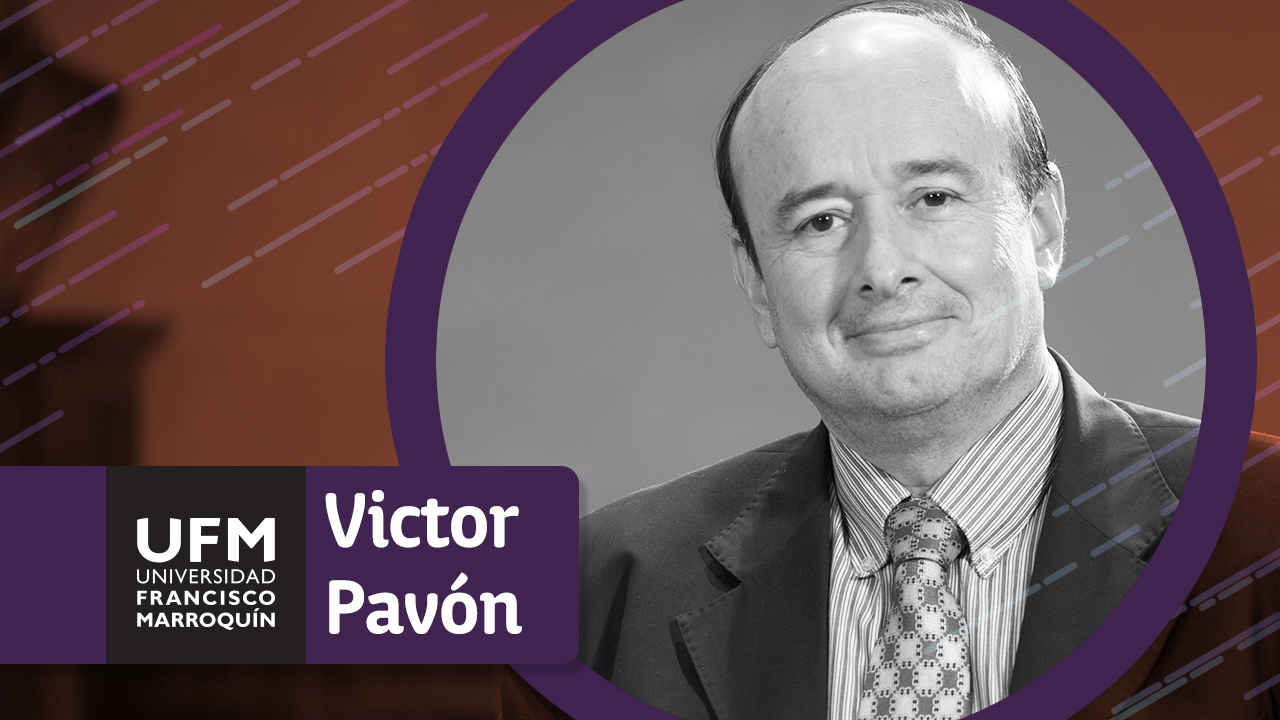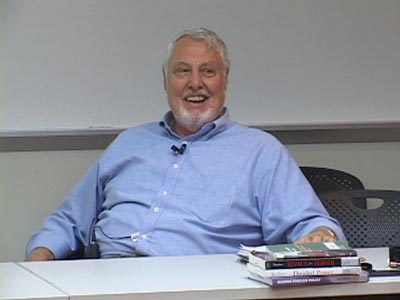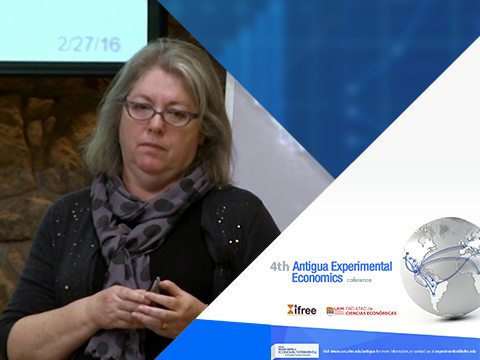About this videoThe main difficulty in developing efficient public policies is misinformation and false beliefs. The traditional information institutions are the media academics, and informal communications. These institutions have limitations in providing reliable, efficient, useful and enough information to make decisions. Speculative markets base their profits on the prediction of price patterns and are proving to be an efficient information institution. Betting markets have been better and faster predictions than experts because manipulators develop more accurate information. Therefore, speculative and betting markets have to become the central institution on political institutions in order to have effective public policies. |
|
CreditsHow Decision Markets Work (with emphasis on Iowa Electronic Markets) | |











